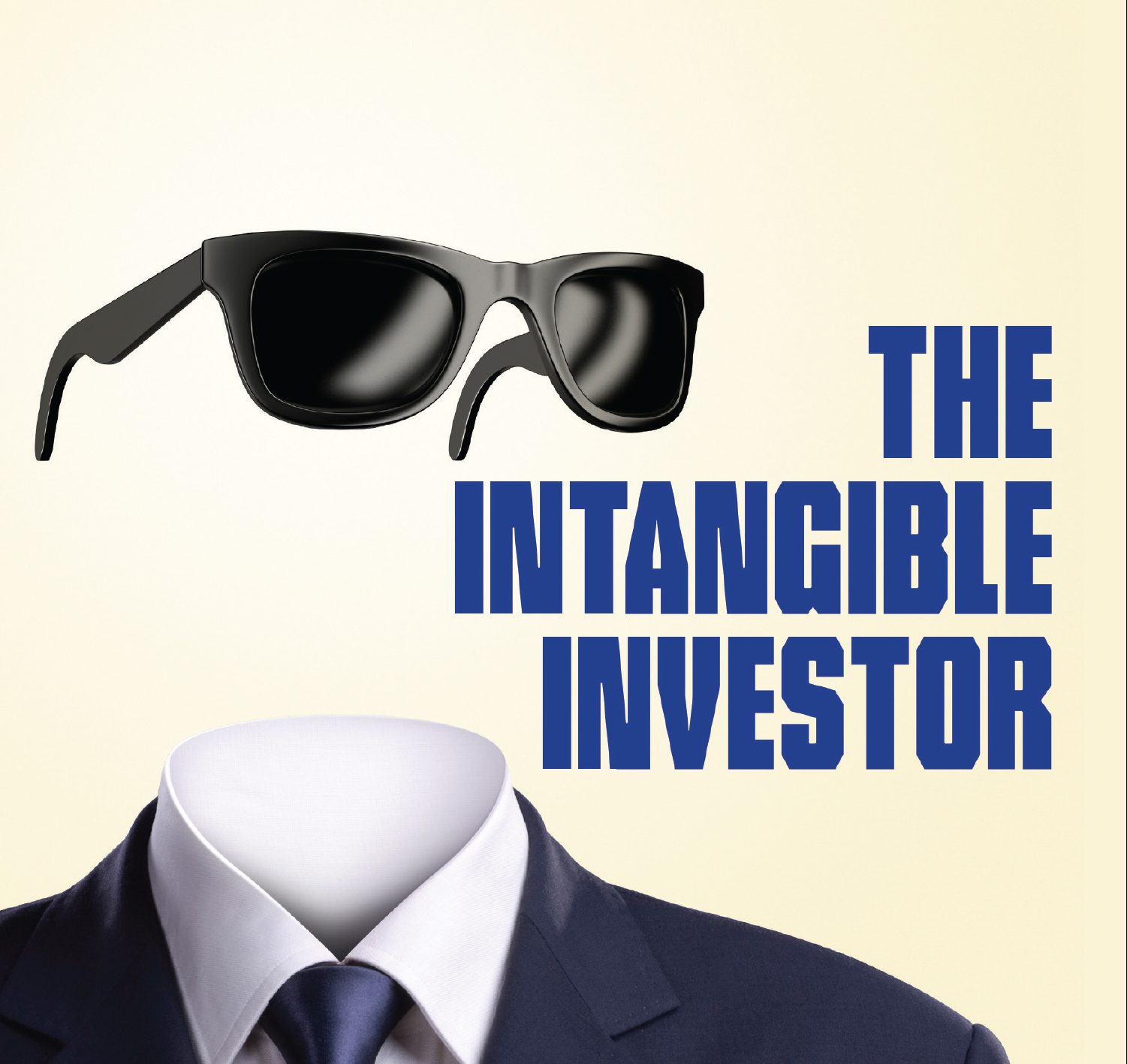‘Bad Blood’ Doc Suggests Taylor Swift Dispute is One of Disrespect for Artists and IP Rights
“[Swift] used her fanbase to rewrite the narrative, devalue the legitimate IP rights of the owners and enrich her portfolio.”
Few, if any, artists own the master recordings to their early albums. Not the Beatles, not Dylan, not Springsteen. Taylor Swift is no different. Labels gamble on acts and part of the upside if they hit—the quid pro quo, if you will—is owning valuable master recordings. Without control of these potential assets, they would likely walk away from most deals.
Among Swift’s claims in her dispute with talent management and recording entrepreneur Scooter Braun (Kanye West, Justin Bieber, Arianna Grande) was that her original label, Big Machine, owned by Scott Borchetta, had no right to sell the master recordings to Braun’s Ithaca holding without consulting her.
She claims that she was violated as an artist and taken advantage of by a financial machine run by men. She endeavored to paint this scenario using her loyal fanbase of 550 million followers and celebrity besties for leverage. It was an impressive display.
Taylor Swift vs Scooter Braun: Bad Blood, just released on Max streaming, deconstructs the dispute, which netted Scott Borchetta in June 2019 $300+ million when Braun bought the rights to Swift’s first six albums owned by Big Machine. The mini-series is good TV and credible reporting, and catnip for IP addicts trying to understand the IP assets and valuation.
Swift believed she should have had a shot at buying the masters. Both Borchetta and Braun say she had numerous opportunities to communicate with them but chose not to (possibly on advice of counsel, methinks). Big Machine’s Scott Borchetta, Swift’s original music business mentor, who signed an unproven 15-year-old with her parents’ approval, is painted as less of a villain.
Rewriting the Narrative
The Swift masters saga has been all over the news since 2019. But “Bad Blood,” a two-part documentary, argues that, not only did Swift not like the deal she was or would have been offered, she used her fanbase to rewrite the narrative, devalue the legitimate IP rights of the owners and enrich her portfolio.
According to “Bad Blood,” once Braun sold the masters to Shamrock Holdings, a private equity firm founded as the Roy E. Disney family’s investment firm, of which the Disney family remains its sole investor, Swift successfully changed the narrative from a contractual battle into a moral story of ‘Goliath vs. Goliath’. Shamrock is a private corporation and is fully owned by the estate of Roy E. Disney. Shamrock assets include hotels and radio and television stations. Shamrock often takes an aggressive strategy launching hostile takeovers. It’s not very likely they would be so presumptuous to launch one of Swift, Inc.
As a partial result of these transactions out of her control, Swift demonized ownership of the original six recordings, and Braun’s stewardship of them, and portrayed herself, as she arguably does in her songs, as a victim. Good try, say the documentarians and the many industry experts they interviewed to get the story.
Taylor Swift vs Scooter Braun: Bad Blood, is a bold and candid indictment of Swift’s tactics and portrays her disregard for a contract that she signed when she had zero leverage and deserved nothing more than standard treatment. She was presumably under the guidance of her father, a Merrill Lynch banker and investor.
To add to the nastiness, her dad owned 3% of Big Machine, given to him for just $125,000. When Big Machine was sold, he made over $15 million. He apparently did not share her distrust of Borchetta and Big Machine. There was no way Swift could win legally. But win she did. Her decision to re-record and market her early six albums is unprecedented and worth hundreds of millions of dollars to her.
Who Bullied Whom?
The question is who “bullied” whom in the Scooter Braun saga? According to episode two of “Bad Blood,” Swift used her celebrity to push Scooter aside and paint him as an industry baddie out to get her. The response of her fans to the perceived oppressor was so intense that multiple death threats were made on Braun and his family.
“Bad Blood” tells a story of how Swift embellished, if not invented, a scenario where she was disrespected and controlled, and her rights as an artist and woman infringed, and that revenge was justified. Basically, she did not like the deal and sought to use her fanbase to devalue the original assets and generate new IP she could control and profit more greatly from. A bit of reverse engineering, you might say.
When Michael Jackson took control of the Beatles publishing, it did not please Paul McCartney, but he did not proceed to smear Jackson, who simply made a wise investment. Although McCartney attempted to buy back his shares, he was outbid by The King of Pop. Jackson earned all the publishing royalties of all the Beatles catalogue until 1995 where he sold 50% of ATV Music to Sony Music and they entered a joint ownership. That’s how the music publishing business works: ownership rights and transactions.
It’s not like Paul refused to pay or did not have the capital. He simply decided it was not worth it. Swift’s challenge was a bit different, but she took it public and won in the court of public opinion – for some, the only court that really matters.
R-e-s-p-e-c-t
After watching “Bad Blood,” one wonders if Swift’s outward respect for fellow artists on her label, Universal Music, who were included in her 2019 contract, was a sincere gesture or merely positioning for her inevitable assault by her to control her masters. The Universal deal stipulated that fellow artists would receive equity in Universal’s portion of the Spotify shares, over $1 billion, when sold. It seemed like a caring gesture at the time and a wise use of her celebrity. That is no longer clear.
Did anyone see this coming? Apparently, some industry attorneys and music journalists did. Among the people interviewed for episode two, “Scooter’s Version,” was Dr. Jennifer Otter Bickeredike, an American media and music academic and author, specializing in fandom, the cult of dead celebrity, pop culture and music. Otter Bickeredike had a lot negative to say about Swift in the broadcast. She suggested that shrewdness brought Swift here and that she is highly competitive.
Others in the documentary worth hearing were: Lucas Shaw, Bloomberg, music business reporter; Neama Rahmani, Legal Analyst and Author; Nola Ojomu, Senior Entertainment Reporter, Daily Mail; Marina V. Bogorad, Music Industry and Commercial Attorney; and Rachel Brodsky, entertainment and culture writer, who was vehemently attacked online by fans after a single negative tweet about Swift. The irony is that she is a Swift fan.
“It was not a legal dispute,” said Howard King, Music Industry Attorney, referring to the Swift debacle in the documentary. “It’s about the framing of the narrative. In that context she won.
“Labels invest time and money in artists,” Bill Werde, director of the Bandier Music Business Program at Syracuse University told Bloomberg. “And labels want things. Masters are typically one of those things. That’s the deal we make.”
Narrative is something that, as Managing Director of Brody Berman Associates, I work on with patent and other IP rights owners and litigants – the story surrounding the assets, owner or dispute. There will be one whether IP owners like it or not. It is best to make sure it is accurate and actively managed.
While Swift did not participate in the project, the end of the documentary features a statement from Swift’s representatives. It reads:
“Taylor has completely moved on from this saga, and has turned what started out as an extremely painful situation into one of the most fulfilling endeavors of her life. None of these men will ever be able to take anything away from Taylor’s legacy as a songwriter, singer, director, philanthropist and advocate for artists’ rights.”
Potential Industry Impact
Swifties: Your hero has a loyal army of fans and may have won a financial victory, but it may not bode so well for rising performers who will either be locked up in even more restrictive clauses for their early work than her standard one, which she designed around to regain control, or no deals at all.
Perhaps there are better ways to apportion ownership of master recordings, but they would have to be negotiated early in a relationship, when artists have little or no leverage. I am reminded of the Bob Dylan line, “When you ain’t got nuthin’ you got nuthin’ to lose.”
Swift negotiated her re-recordings on her own behalf, not musicians’, writers’ or women’s; and she used her loving fans to pull it off. It is unlikely that anyone else could have done what she did. She reduced hundreds of millions of dollars in IP value to almost nothing and created new assets from essentially the same original ones by controlling the narrative. “Bad Blood” is an incredible story, timely and well told. It’s worth watching.
Image Source: Deposit Photos
Author: imagepressagency
Image ID: 604697690






